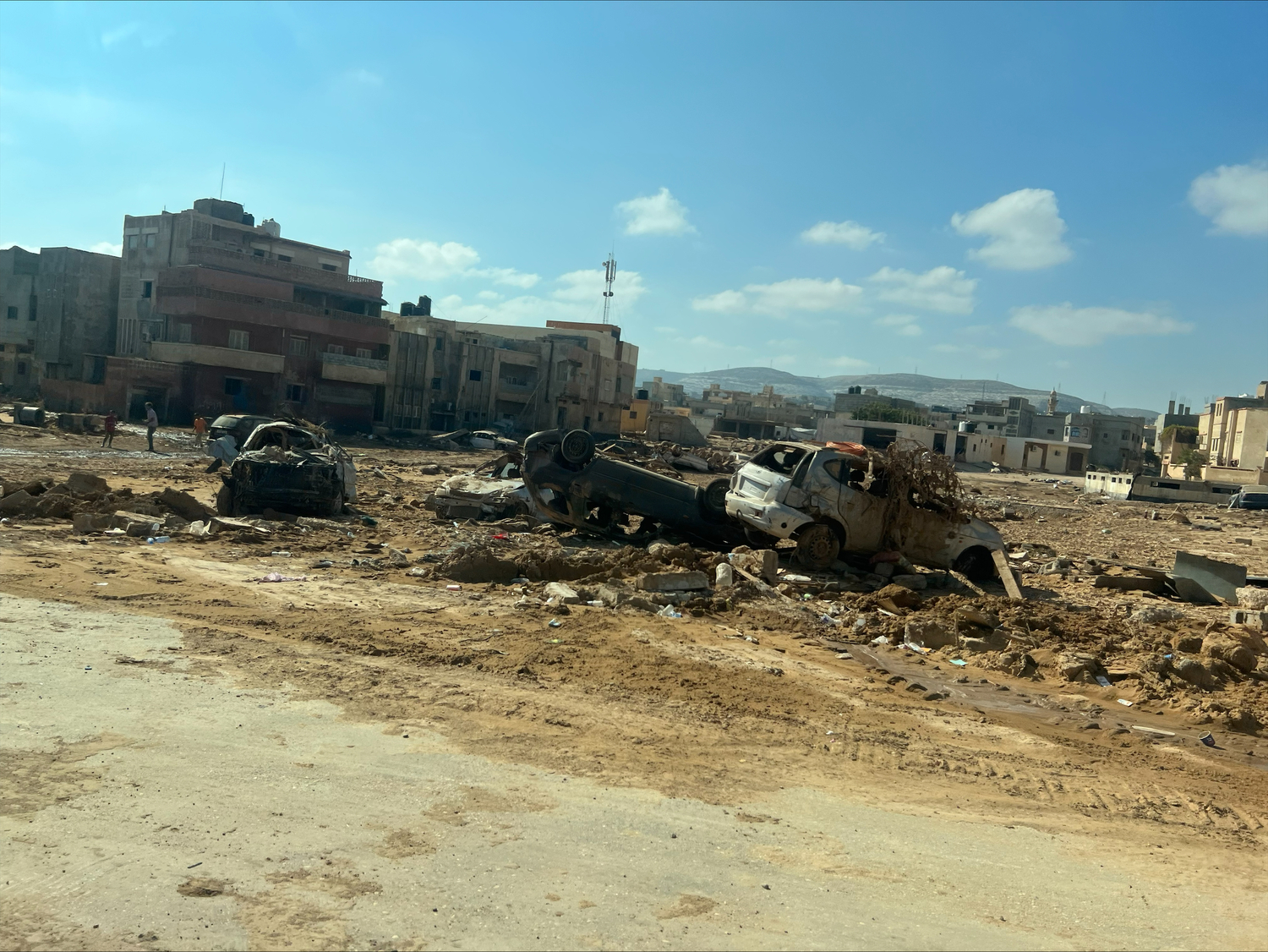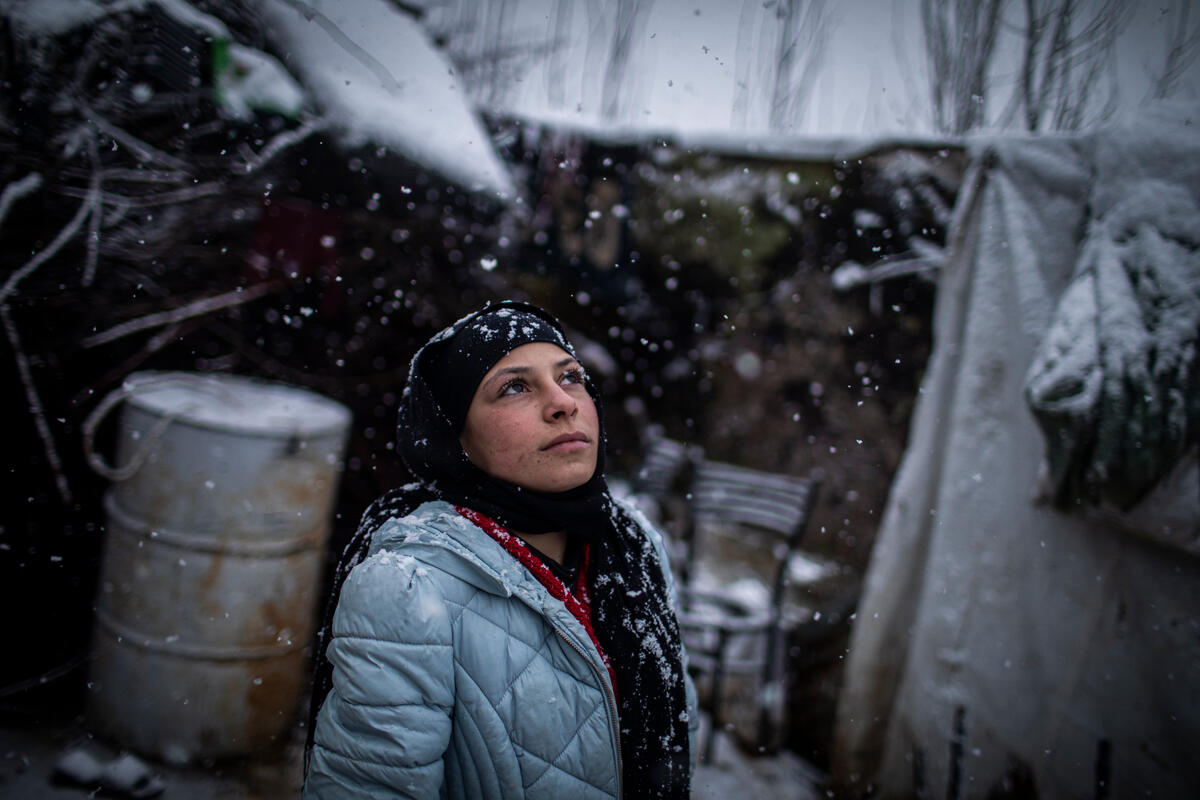Floods drive over 650,000 Somalis from their homes in 2020
Floods drive over 650,000 Somalis from their homes in 2020

More than 150,000 Somalis have been forced to flee their homes since late June, including some 23,000 in the last week alone, due to flash and riverine flooding in the Southern regions of Somalia. Rapid assessments indicate that communities in Hirshabelle and South West States are amongst the worst hit. The year has seen extreme flooding, displacing over 650,000 people across the country since the beginning of the year.
Many of the newly displaced are now living in overcrowded, makeshift shelters constructed from old clothes, plastic bags, cardboard and sticks in already dire IDP sites. Such shelter provides little protection from the harsh weather, and leaves families exposed to increased risk of crimes like robbery and rape.
Food is in short supply and many are going hungry with rising malnutrition in children, leaving them at risk of starvation. In some areas, basic food items, particularly milk and vegetables, have increased in price between 20 and 50 per cent.
Sanitary conditions are poor and access to medical care scarce. Health partners warn of risk of diarrhoea, vector-borne diseases, respiratory-tract infections and other communicable diseases rapidly spreading amongst the displaced population. While there has been no reported major COVID-19 outbreak, testing remains extremely limited and congestion and unsanitary conditions are risks for wide-spread transmission. UNHCR, the UN Refugee Agency, has been providing core relief items such as blankets, jerry cans and plastic sheets, as well as shelter and cash to thousands of affected families. Distributions will continue in the coming days and weeks, reaching a total of some 70,000 people facing heightened vulnerabilities, including women, female/child headed households, disabled persons, the elderly and ill, and vulnerable members of the hosting community.
UNHCR’s assistance is reaching some of the worst affected regions across Banaadir, South West, Hirshabelle, Jubbaland, Puntland, Galmaduug. The Federal Government of Somalia has also responded to the floods, including in recent weeks setting aside USD 500,000 to address the floods in South West state. Despite these interventions, however, more humanitarian support is needed to address insecurities in food, water and sanitation, emergency shelter and health services.
More people risk being displaced as flooding is likely to continue in certain regions. According to the latest flood advisory report by the UN Food and Agriculture Organisation, the Shabelle River’s water levels will continue to rise due to heavy rains.
The latest floods point to a worrying pattern where extreme weather conditions are increasing in frequency and intensity. Prior to June 2020, flash floods and riverine flooding caused by seasonal rains displaced more than 450,000 in the country. With floods in 2018 and 2019 displacing 281,000 and 416,000 persons respectively, the flood-based displacement figures demonstrate a rising year-to-year trend. Somalia’s re-occurring climate related emergencies result in devastating impact on communities who heavily rely on farming and livestock for their livelihood.
The surging flooding and displacement take place against the backdrop of Somalia’s ongoing fight to curtail the spread of Covid-19, which has a disproportionate impact on the most vulnerable, including the displaced. The Government of Somalia, UNHCR and humanitarian partners continue to work in IDP settlements across the country to provide displaced communities and vulnerable hosting communities with medical equipment, protective personal equipment (PPE), hygiene and sanitation support, and cash assistance. UNHCR urges landlords in the country to uphold a moratorium on evictions in these extremely challenging circumstances.
Urgent support is needed from the international community to support the relief efforts. UNHCR has so far received just 33 per cent of the USD154.4 million needed for its humanitarian efforts in Somalia, including for an estimated 2.6 million IDPs and 30,000 refugees and asylum seekers being hosted in the country.
For more information on this topic, please contact:
- In Nairobi, Njoki Mwangi, [email protected], +254 720 134 103
- In Nairobi, Dana Hughes, [email protected], +254 733 440 536
- In Geneva, Charlie Yaxley, [email protected], +41 79 580 8702
- In Geneva, Babar Baloch, [email protected], +41 79 513 9549
- In New York, Kathryn Mahoney, [email protected], +1 347 443 7646









